
CAU Summer Courses: From wine pairings to town-gown history
Registration is now open for the two sessions of weeklong offerings, with the option to stay in a newly renovated Balch Hall
Read more Department Homepage
Department Homepage
 Department Homepage
The College of Arts & Sciences
Department Homepage
The College of Arts & Sciences
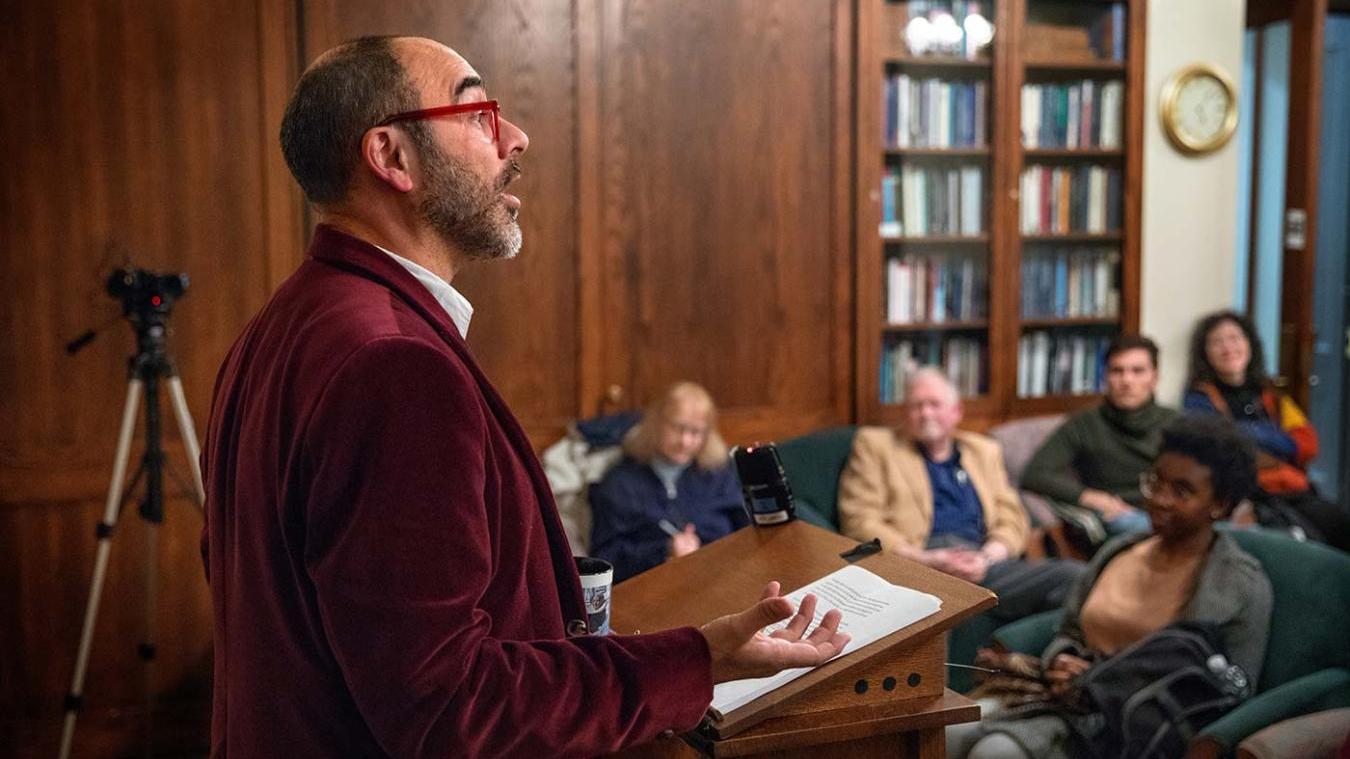
The Cornell Department of Literatures in English has a long history of critical and methodological openness. From the early 20th century, it has embraced new approaches to literary study, while maintaining traditional strengths. Supported by a series of libraries and collections that are world-renowned in many fields, Cornell English is the largest humanities department at Cornell University.

Registration is now open for the two sessions of weeklong offerings, with the option to stay in a newly renovated Balch Hall
Read more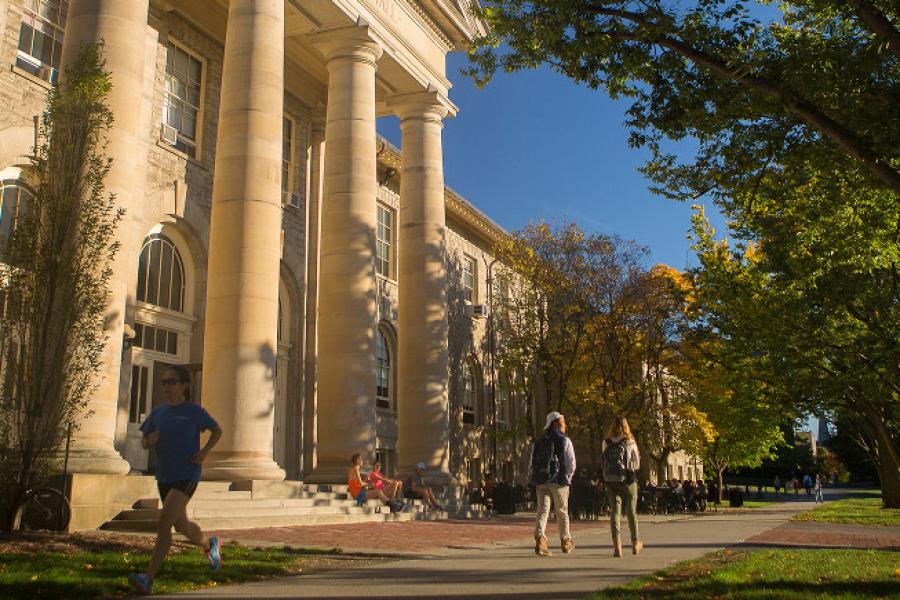
New York Times columnist Bret Stephens, New York Times White House correspondent Zolan Kanno-Youngs and ProPublica investigative reporter Keri Blakinger ’14 will visit Cornell this spring.
Read more
The 12 early-career scholars will pursue research in the sciences, social sciences and humanities.
Read more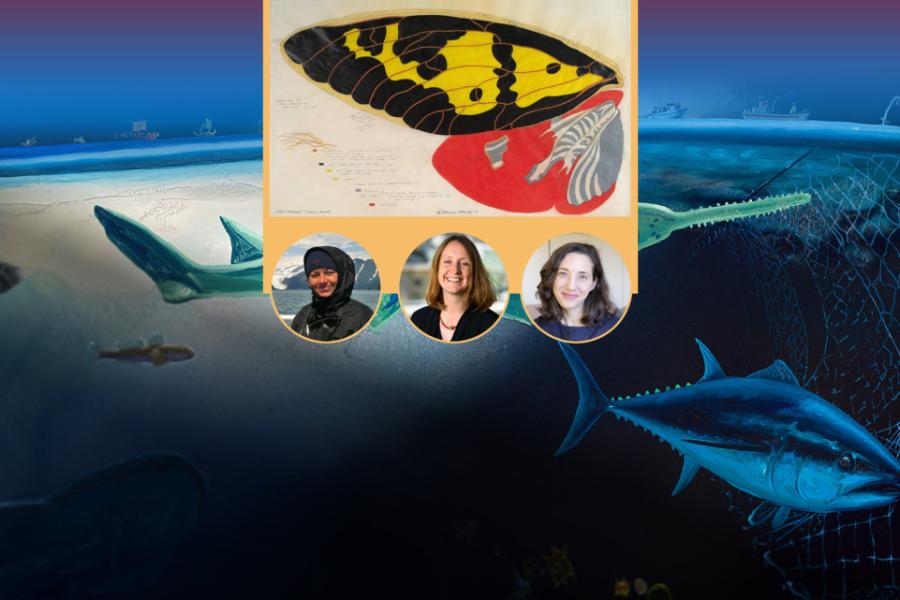

On Jan. 28, the Center for Teaching Innovation and Herbert F. Johnson Museum of Art will co-host “Teaching About Climate Change: Art, Action and Reflection,” a faculty panel, teaching workshop and exhibit tour exploring how instructors can engage the humanities, climate change and community in their...
Read more
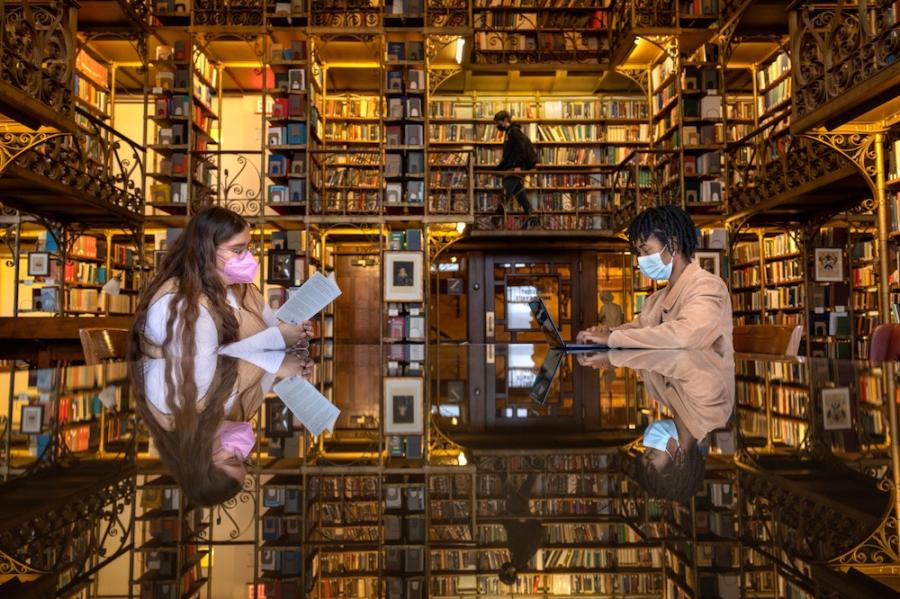
This month’s featured titles include fiction from A&S alum Thomas Pynchon ’59, an award-winning poetry collection and a study of a small town.
Read more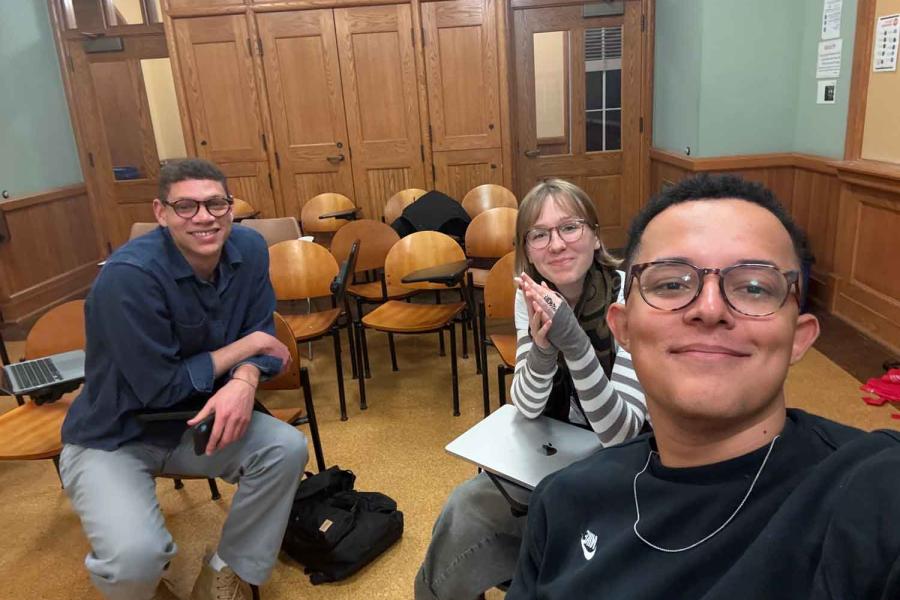
A new student-run magazine focuses on long-form journalism that reflects the culture of Cornell and Ithaca.
Read more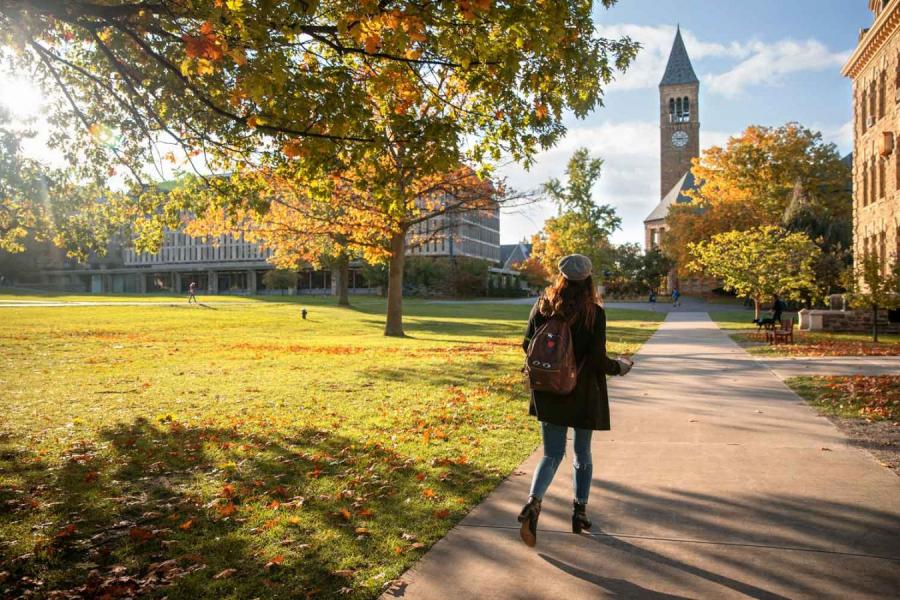
Finding joy in reading through Genre writing. In the course How Reading Changes Your Life, Prof. Raskolnikov is on a mission to help students rediscover that sense of wonder often lost after childhood. The students enrolled in the class are “beginning to realize that in addition to having a job, y...
Read more
This month’s titles featured in Cornellians include poetry, a famed restaurateur’s memoir, and a chronicle of the 1929 stock market crash
Read more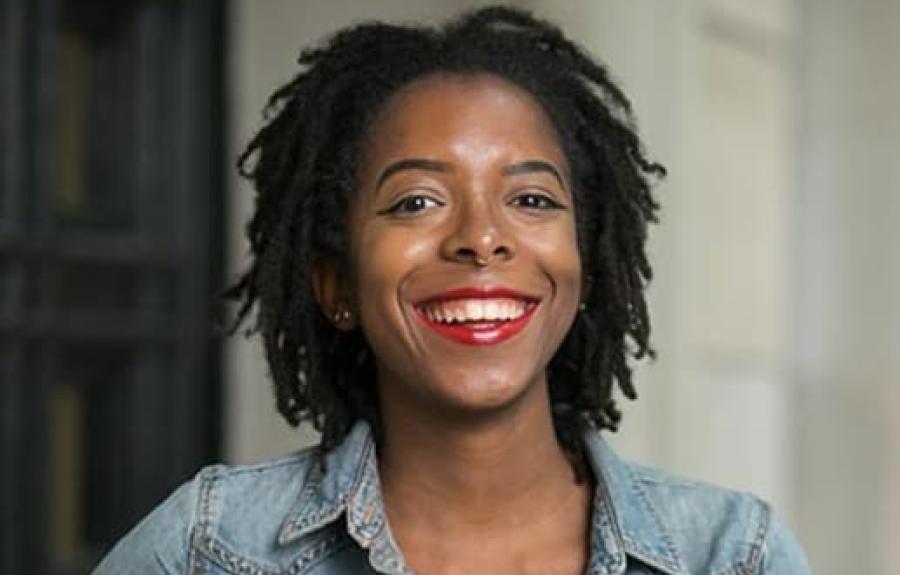
What do you value about your liberal arts education?
I love that at a university like Cornell there is a class about literally anything you could ever want to learn. At first, I was a bit wary about the English major because I worried I would learn about dead white guys for four years. Despite the pre-1800 requirement, that absolutely hasn't been the case, and because of the wide variety of opportunities and classes at Cornell I've been able to tailor my education to my own interests and build a knowledge of Black artists and writers who, like myself, use their work to fight fight FIGHT against the world around them.
If you were to offer advice to an incoming first year student, what would you say?
Get involved in the community. There are amazing activists and artists right downtown that many Cornell students never interact with. Don't get trapped in the bubble; go downtown, organize, build community. There are so many learning opportunities for you here outside of class and you have got to take advantage of them.
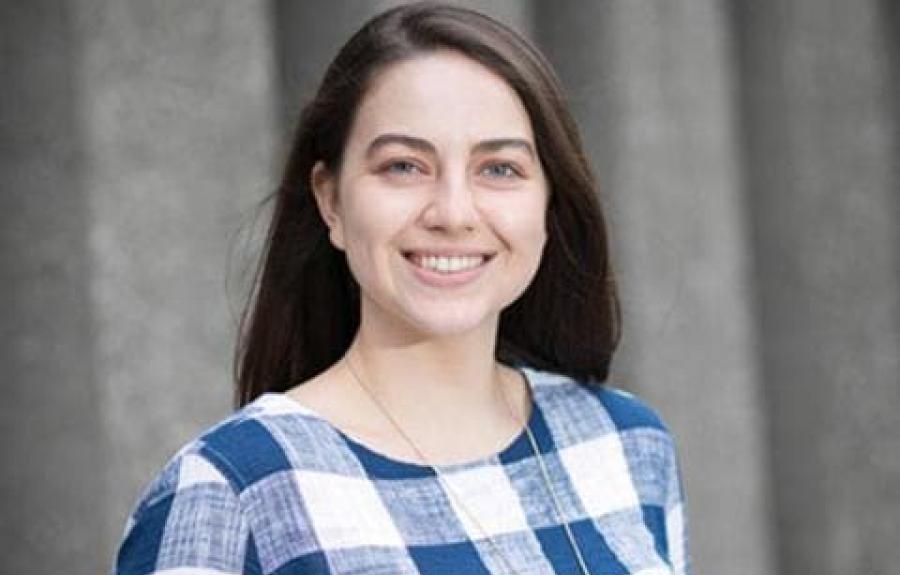
What do you value about your liberal arts education?
What I value most about my liberal arts education is its interdisciplinary nature. Being able to recognize and expand on the connections between coursework in a variety of subjects is an incredibly important skill. Not only has the interdisciplinary nature of my studies allowed me to examine issues from a multitude of perspectives, though: it has also helped me to better internalize the information I am learning, and it has made my work that much more interesting and rewarding. It’s become a sort of game to see how I can connect all my classes each semester. During my junior spring, for example, I remember connecting my readings on Kant and Aristotle in my Literature as Moral Inquiry class to similar pieces we were reading in my Topics in Social and Political Philosophy class, which in turn related to readings assigned in the Intergroup Dialogue Project section on race that I co-facilitated. That summer, I took a class on international development from a feminist perspective, and we discussed the concept of third world feminisms; the seminal text on the subject was written by the wife of my Literature as Moral Inquiry professor.
"She thought of a sunrise over the library slope of Cornell University that nobody out on it had seen because the slope faces west."
— Thomas Pynchon